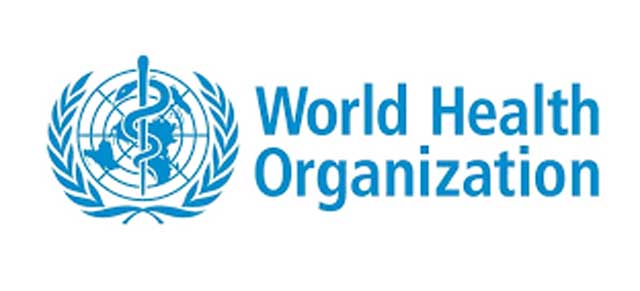
Kampala, Uganda | THE INDEPENDENT | The World Health Organization (WHO) has said that for countries to improve Early Childhood Development (ECD), they need to ensure that children and infants receive responsive care in the first three years of birth.
In its new guidelines released on Tuesday, WHO recommends that governments should help parents and caregivers to offer this kind of care that involves paying attention to babies’ signals and what they are communicating whether through facial expressions, crying, or making other sounds and movements to then respond accordingly to their needs.
WHO recommends the integration of psychosocial interventions geared towards supporting maternal mental health into early childhood health and development services. They argue that caregivers need to maintain physical contact with their babies in addition to responding to their noises as this process helps set up a basis for building secure and loving relationships, as well as early learning.
“It helps babies and young children feel safe, knowing they are protected by those they love, and that they can effectively communicate their needs”, the statement reads in part. “In our earliest years, science shows that our brains build new connections at a rate that will never again be repeated with over 80% of neural development happening by the time we reach three years of age. In this brain-building process, it’s not only physical needs that must be met. Babies and young children also require mental stimulation and close, loving interaction with those around them starting from birth”.
The organization urges health workers, such as midwives, nurses, doctors and community health workers to support parents to identify and respond to a baby’s needs, while counselling on the importance of early play and communication.
They also call for additional support for families that are victims of humanitarian emergencies to help children develop to their best potential amidst poverty and deprivation.
ECD remains one of the best investments governments can make in a society’s future as it not only helps children and families thrive, it helps break cycles of poverty and inequity, and contributes to happier, healthier populations, according to WHO.
*******
URN
 The Independent Uganda: You get the Truth we Pay the Price
The Independent Uganda: You get the Truth we Pay the Price



